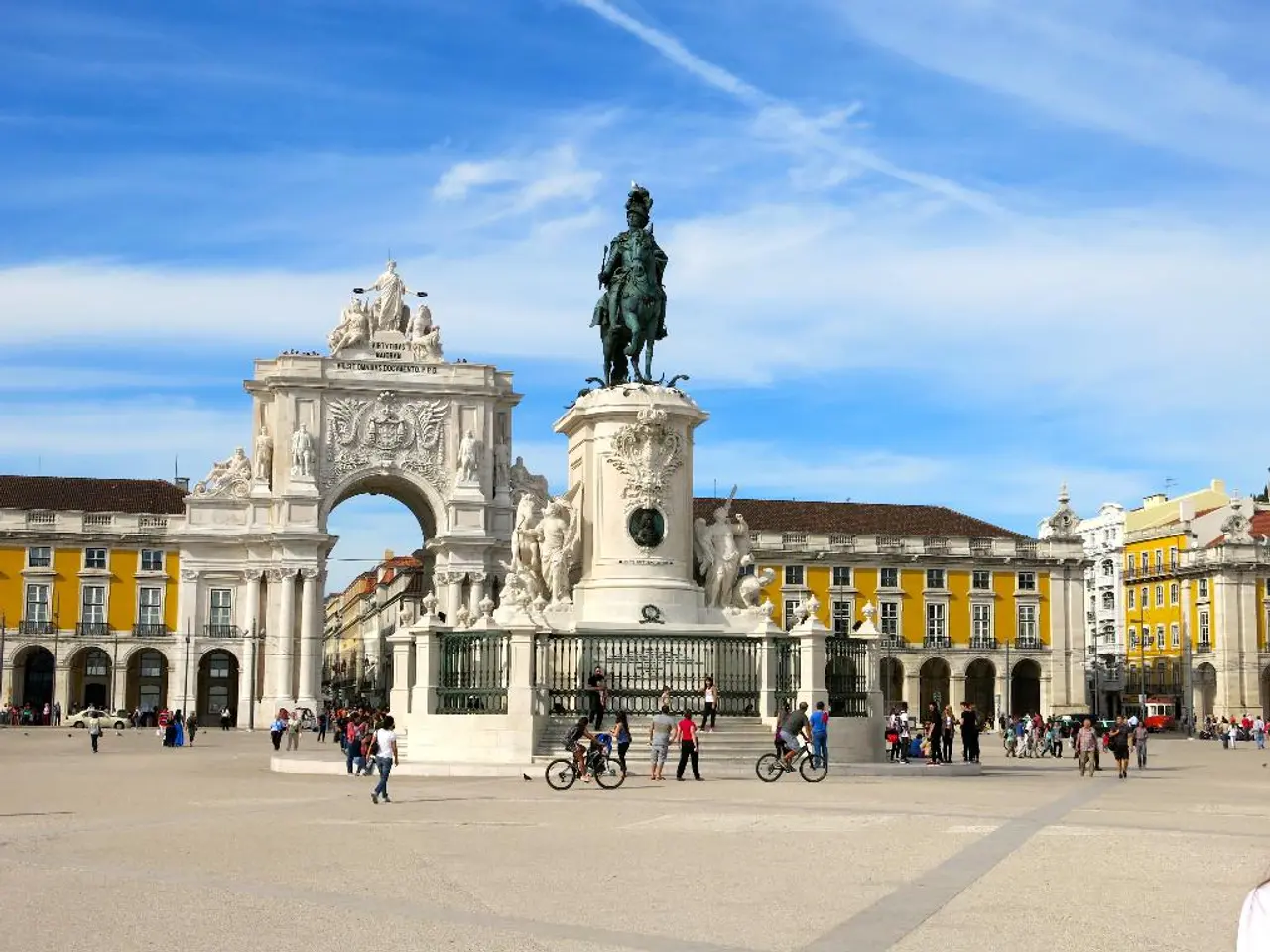Increased tourist influx to Schwerin following World Heritage designation - Increased number of visitors in Schwerin following World Heritage recognition
Schwerin, Germany, has seen a surge in international tourism interest following its designation as a UNESCO World Heritage Site in 2024. The city's cultural and architectural significance, particularly that of Schwerin Castle, has been brought to the forefront, positioning it as a top heritage tourist destination not only in Germany but globally.
The UNESCO title has opened up opportunities for sustainable quality tourism development. One such opportunity is the expansion of cultural and heritage tourism, attracting visitors seeking authentic experiences. This presents an opportunity to promote local history, architecture, and performing arts, enriching the visitor experience and boosting the local cultural economy.
Another opportunity lies in the enhancement of visitor infrastructure. With more tourists, there is a chance to improve public transport connections, visitor facilities, guided tours, and digital tourism services, thereby raising visitor satisfaction without overburdening the site.
Growth in tourism can also create jobs in hospitality, guiding, retail, and cultural sectors, as well as increase revenues for local businesses, supporting broader sustainable development goals.
However, this increased tourism comes with challenges. Preserving and managing the heritage assets is crucial to avoid wear and damage to fragile historic structures and natural surroundings. Careful visitor flow management and conservation planning are essential to ensure the longevity of the UNESCO-listed sites.
Balancing tourism growth with the local quality of life is another challenge. Increased numbers of tourists may strain local infrastructure, create congestion, and impact residents’ daily life unless well regulated.
Finally, the risk of overtourism and commercialization is a concern. To maintain authenticity and long-term appeal, tourism development must avoid commodification of the cultural heritage and ensure benefits are equitably shared within the community.
In conclusion, the UNESCO designation has boosted Schwerin’s position on the international tourism map, opening avenues for culturally enriching and economically beneficial sustainable quality tourism. At the same time, it demands careful planning and management to balance heritage conservation with visitor access and community wellbeing.
- To ensure the sustainability of Schwerin's cultural economy and community wellbeing, a community policy could be implemented that prioritizes vocational training in hospitality, guiding, retail, and cultural sectors, thus providing locals with skills tohandle the influx of tourists and enhance their lifestyle.
- As part of the travel experience, vocational training centers could offer courses on Schwerin's history, architecture, and performing arts, enabling tourists to immerse themselves in the city's rich heritage and adopt a lifestyle that respects and preserves the local culture.




